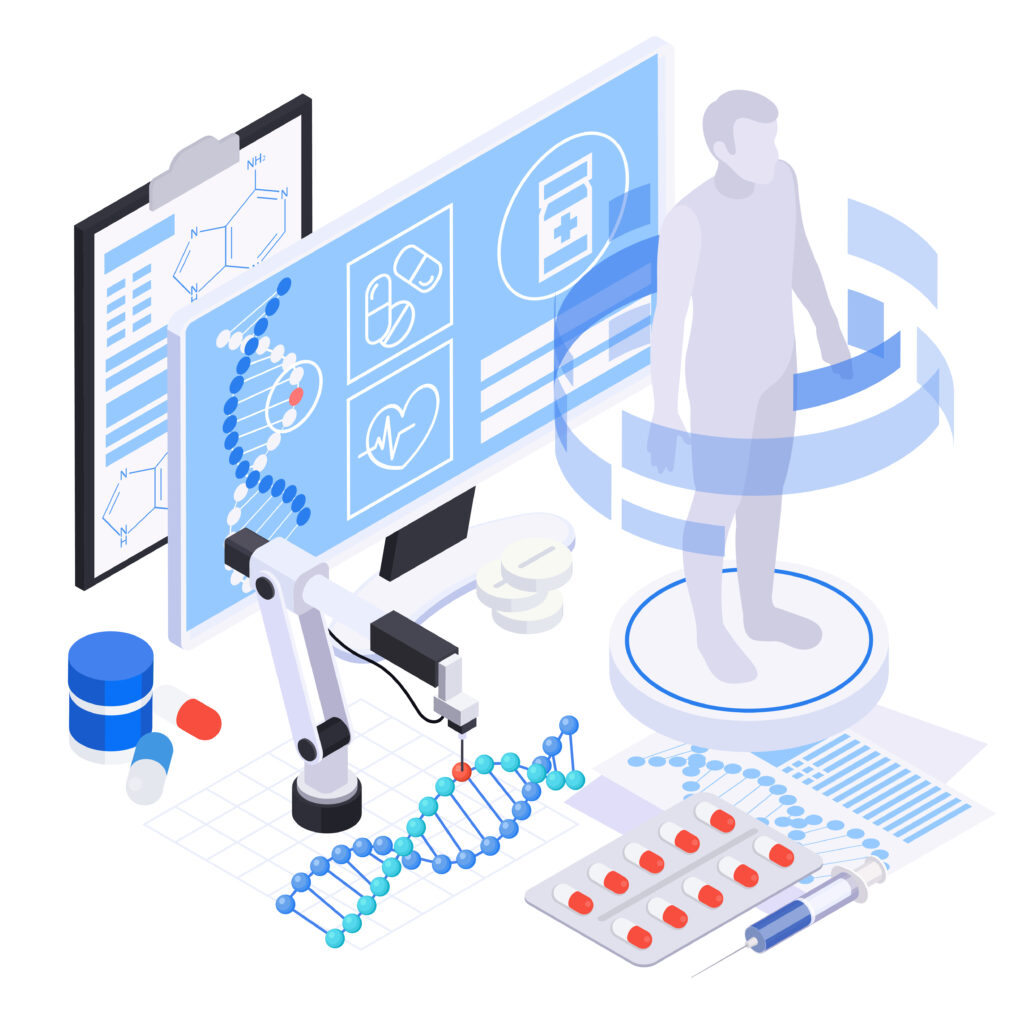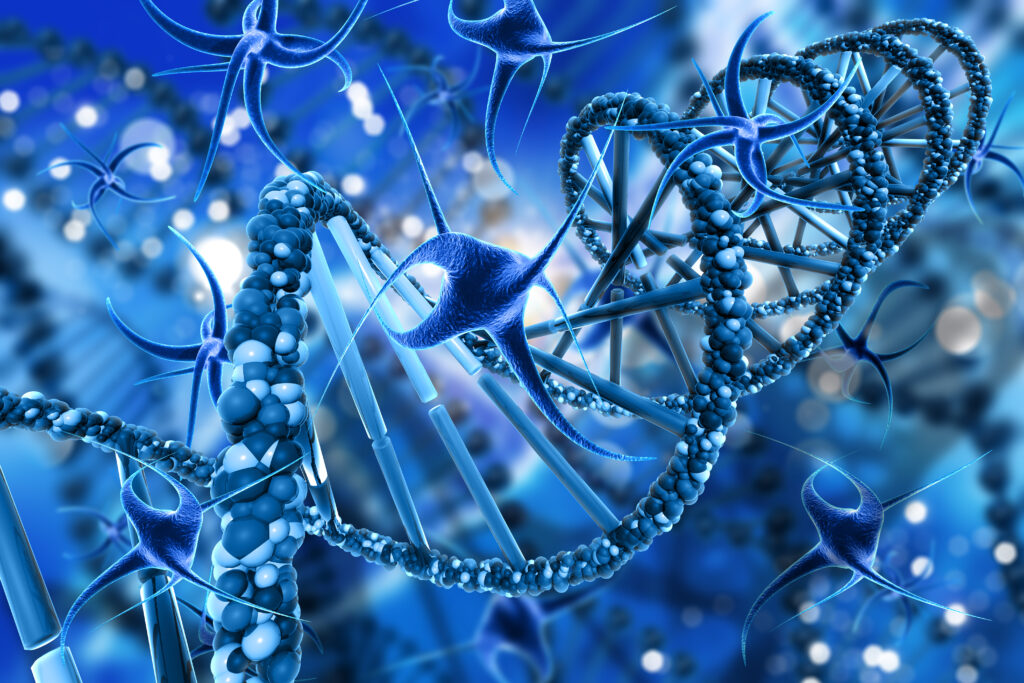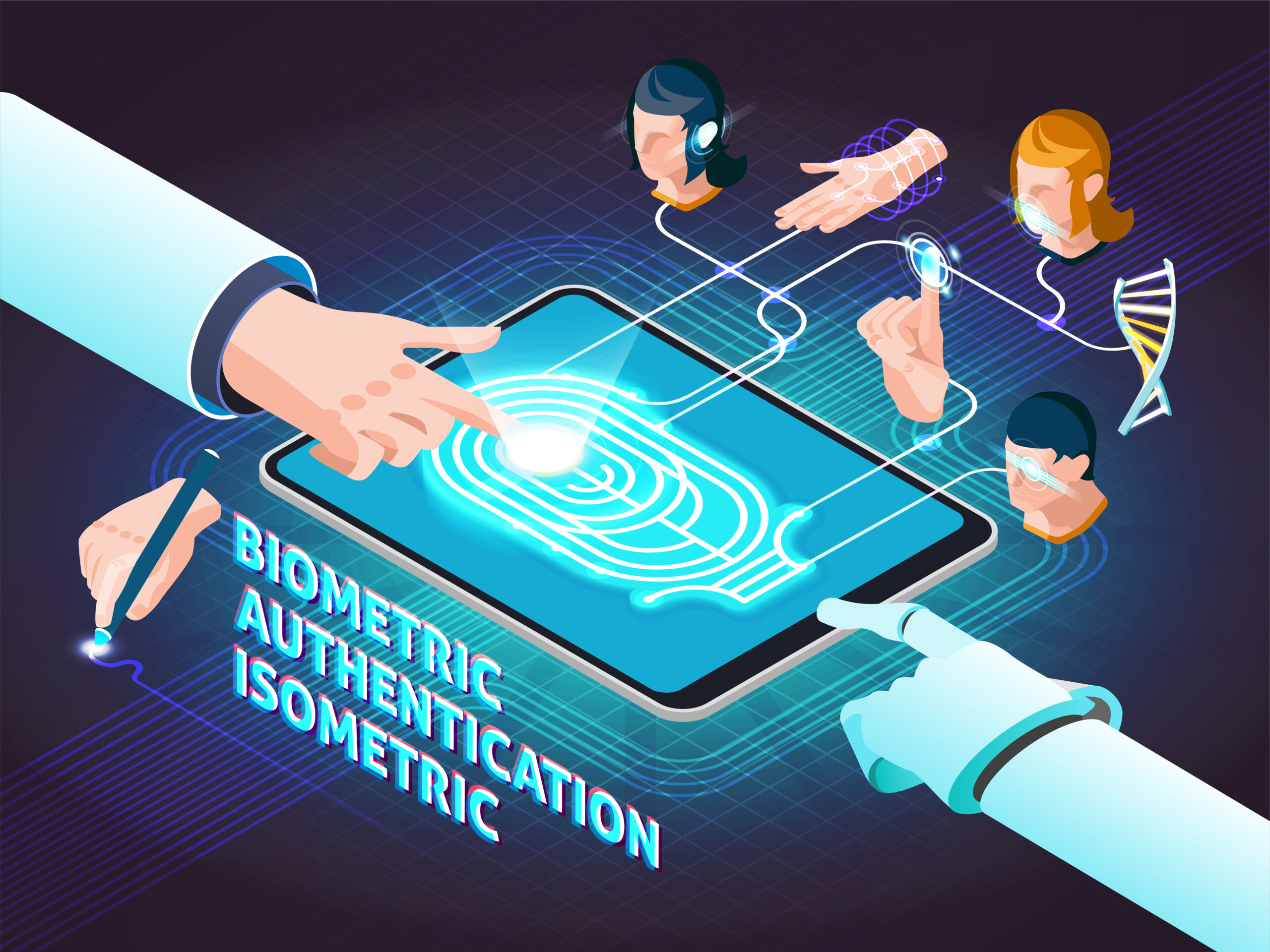Table of Contents
From targeted cancer therapy to AI-driven research, Cell Signaling Technology is reshaping the future of healthcare and biological understanding. It also connects with broader digital trends—like those explored in this guide on how to make money online in 2025—showing how tech innovation spans industries and opportunities alike.
How Cell Signaling Technology Works
Cell Signaling Technology helps researchers decode how cells interact with one another through complex biochemical signals. This technology analyzes proteins, receptors, and molecular pathways that are essential for understanding diseases.
Detects cell-to-cell communication disruptions
Helps in identifying cancer cell resistance
Uses advanced imaging and molecular tagging
Applied in immunology, neuroscience, and regenerative medicine
Enables real-time tracking of cell behavior
Understanding cellular signaling is key to developing next-gen medical treatments.


Applications of Cell Signaling Technology in Modern Science
The impact of Cell Signaling Technology is evident in how it accelerates breakthroughs in health and diagnostics. Scientists are now able to study cells with unmatched precision.
Used in early disease detection and drug response
Critical in vaccine development and testing
Helps understand aging and cell death (apoptosis)
Supports targeted cancer immunotherapy
Integrates with AI for predictive modeling
This technology bridges biology with modern computing and deep data analysis.
Biotechnology & Research
Cell Signaling Technology enhances biotech research by decoding protein interactions
Assists in developing biosensors and smart therapeutics
Reduces trial-and-error in drug testing
Drives innovation in personalized medicine
Enables rapid development of cell-based therapies
Healthcare & Clinical Use
Allows doctors to track tumor growth patterns
Improves treatment strategies for chronic diseases
Plays a major role in stem cell therapy
Helps detect autoimmune disorders early
Integrates with wearable health tech for real-time monitoring
The Future of Cell Signaling Technology
The future of biological science is being shaped by powerful integrations—where biology meets machine learning, AI, and digital health. As researchers continue to refine the ways we analyze cellular activity, we’re entering an era where data-driven diagnostics and personalized therapies become the norm. These advancements aren’t just streamlining processes—they’re enabling deeper insights into how cells behave, respond, and adapt in real time.
We are also witnessing a growing convergence of emerging technologies. Innovations like nanotechnology, bioinformatics, and cloud-based platforms are allowing healthcare professionals and scientists to collaborate across continents instantly. This shift is breaking down barriers in medical research, making it possible to conduct complex simulations, model disease progression, and test treatment responses at a speed and scale never seen before.
Whether it’s addressing rare genetic conditions, enhancing early detection, or improving how vaccines are developed and distributed, Cell Signaling Technology plays a critical role. It is not just revolutionizing how we treat illness—it’s redefining the very foundation of preventive healthcare. As this field matures, it promises to deliver medical solutions that are not only highly effective but also deeply personalized and globally accessible.
The Impact of Cell Signaling Technology on the Future of Medicine
As we move deeper into the era of precision medicine, Cell Signaling Technology stands at the forefront of innovation. It’s not just about understanding how cells talk—it’s about using that knowledge to predict disease, personalize treatments, and improve outcomes across all areas of healthcare. With the integration of AI, data analytics, and biotechnology, this field will continue to unlock powerful insights that shape the future of diagnostics, therapies, and digital health.
Cell Signaling Technology helps scientists understand how cancer cells grow, survive, and resist treatment. By mapping these signals, researchers can develop targeted therapies that block specific pathways—making treatments more effective and less harmful to healthy cells.


No comment yet, add your voice below!